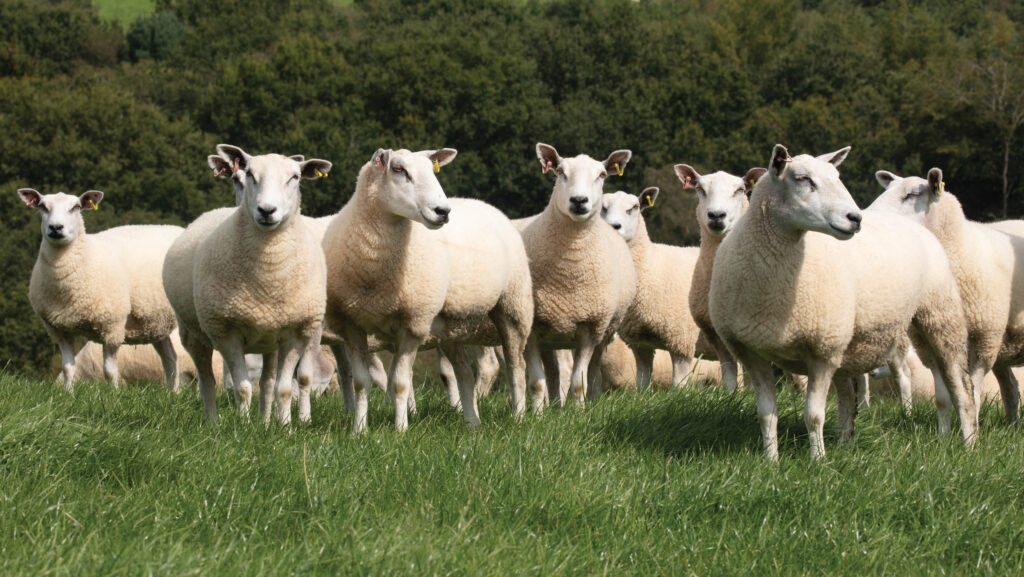Bluetongue emergency vaccines approved as cases grow
 © Tim Scrivener
© Tim Scrivener Defra has announced the emergency use of the three available bluetongue BTV-3 vaccines, as cases continue to rise across England.
The vaccines are available for cattle and sheep farmers to use in the high-risk counties of Norfolk, Suffolk and Essex. In addition, the vaccines will be licensed for use in Kent and West Sussex.
National Sheep Association (NSA) chief executive Phil Stocker welcomed the move but reminded farmers this will not be a “silver bullet”.
See also: Q&A: All you need to know about bluetongue disease
“Experience in Holland and Belgium strongly suggests these vaccines are effective in suppressing the clinical signs and preventing mortality in sheep,” he said.
“But they are recognised as not preventing the virus and so may dampen, but not stop spread.”
National Beef Association chief executive Neil Shand said: “I would be actively encouraging people, especially those with high-value stock, to engage with their vets and get their herds vaccinated as a matter of priority.
“Whilst the vaccine isn’t the be-all and end-all, it aids protection and according to what we’ve seen on the Continent, speeds up recovery.”
Farmers wishing to obtain the vaccine should speak to their vets as these will be under veterinary prescription.
Cases increasing
As of 4 September, there were 41 positive cases over 13 different premises, covering Norfolk, Essex and Suffolk.
NFU Dairy Board chairman Paul Tompkins said: “Having seen first-hand the devastating impact bluetongue virus can have on sheep mortality and milk production in dairy cows, the growing number of clinical cases in eastern England is really concerning.”
Suspected cases have been reported in other parts of England, but so far none of these have proved positive.
“This is really encouraging as it suggests farmers are looking out for symptoms in their animals and reporting them,” said Mr Stocker.
Defra has now established a restricted zone (RZ) covering Norfolk, Suffolk and Essex.
Farmers in this zone can only move animals out to designated abattoirs for slaughter or under a specific license that requires pre- and post-movement blood testing, if they are being moved out of the RZ to live.
Farmers within the zone are free to move animals from farm to farm under general license, but Defra is urging producers to only move stock when absolutely necessary.
Restrictions also apply to the movement of germinal products (like semen or embryos) within the zone.
Impact on markets
It is still too early to say how disruptive BTV-3 will be to the market place.
The finished lamb supply chain may not be overly affected as farmers can still move finished lambs out of the RZ to a designated abattoir.
However, the NSA says uncertainty still exists around sheep farmers’ willingness to replace high-value breeding stock. Further uncertainty remains over moving store lambs within and outside of the RZ.
“Moving store lambs to keep outside of the RZ requires a specific license that will include pre- and post- movement blood tests,” noted Mr Stocker.
Blood testing laboratory costs are being paid for by Defra, but farmers will still have to cover the costs of their own vets taking blood samples and posting them.
Livestock owners should closely monitor their animals for signs of bluetongue, such as fever, inflammation of mucous membranes, lameness, and reduced productivity.
Any suspected cases must be reported immediately to the authorities on 03000 200 301 in England; 03003 038 268 in Wales; or your local Field Services Office in Scotland.
